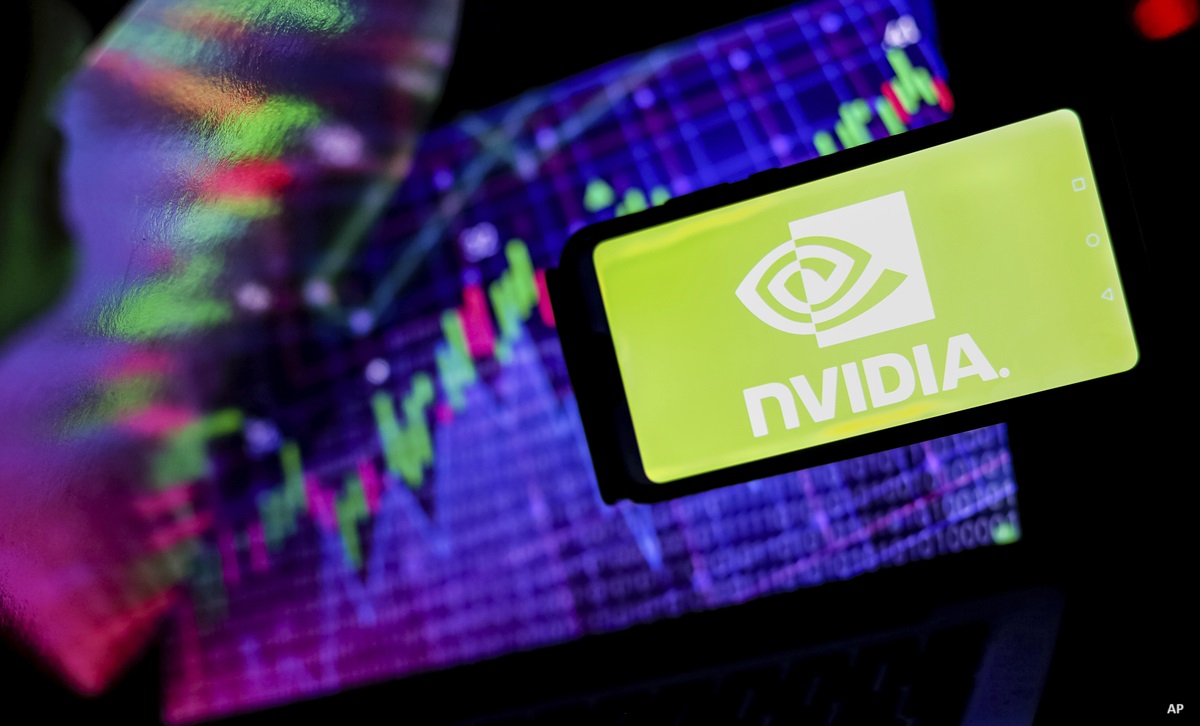Reflecting on almost four decades of experience, Gerald Cooper-Key believes his strength as a money manager boils down to risk management.
"I came from managing money for individuals and foundations," says Cooper-Key, the 2007 Morningstar Manager of the Year, "so I always have prudent stewardship in my mind whenever I make decisions." While some people come out of school and are all mathematical in their approach, Cooper-Key adds, he believes that exercising prudence is what makes money and doesn't lose it. since its inception in November 1987. In November 2007, David Ragan joined him as co-manager of the fund. Specializing in international assets, Cooper-Key is responsible for approximately $1.3 billion of the firm's $5.3 billion in total assets under management.
Cooper-Key's cautious discipline in the international fund led him to reduce its exposure to bank holdings in the late summer of 2007. As well, the fund has been positioned for some time against sensitivity to an economic downturn in the U.S. Both moves have helped cushion the blow from falling U.S. stocks in general, and the financial sector in particular.
The risk management strategies that Cooper-Key employs include diversification, along with a focus on top-quality companies with sound balance sheets. Employing a growth-at-a-reasonable-price (GARP) style, he says focusing on "wealth-creating companies" tends to reduce overall risk.
The current 56 holdings in the fund are diversified to the extent of encompassing 20 different countries and each of the 10 major global industry sectors. The largest weight for an individual stock position is under 4%, mitigating stock-specific risk.
From a regional perspective, Europe represents about 55% of the portfolio, emerging markets about 20% and developed Asian markets around 17%. That said, you have to be careful on how you interpret those numbers, says Cooper-Key. For example, certain European insurance companies are based in Bermuda but most of their operations are in London.
Cooper-Key and his colleagues employ "long-proven" fundamental, bottom-up analysis. Along with traditional metrics such as price-to-earnings, price-to-cash flow and discounted cash flow among others, they seek well-capitalized companies with sound business plans. As well, they try to visit many of the companies in which they invest.
If a company meets the screening criteria, the next step is what Cooper-Key describes as the SWOT test: strengths, weaknesses, opportunities and threats.
Two ideas that make economic sense right now for Cooper-Key are environmental issues and global infrastructure. For example, Netherlands-based Koninklijke Boskalis Westminster, a dredging contractor and currently the fund's third largest holding, doesn't sound very exciting, he says. "But exciting is not what we're looking for, we're looking for money."
As a long-term investor, Cooper-Key doesn't trade very much. Historically the portfolio turnover "has been very low, it's been on average between 15% and 20%," he says. Positions will be trimmed or eliminated if valuations are excessive, or if there has been deterioration in the company's fundamentals.
An equity position may also be culled in favour of a better prospect. The target number of holdings for the fund is from 50 to 80 names, so if it's getting over the maximum the managers may pull out "the weakest link for a better beast," Cooper-Key says.
Cooper-Key, 59, graduated from Canford School in England in 1967. Upon graduation, he joined Barclays Bank. Continuing to pursue a banker's path, he earned a trustee diploma in finance from the Institute of Bankers.
In 1969, he moved to Canada, where he spent 12 years in various positions at Royal Trust, starting in the traditional trust business and joining the investment department in 1971. Excited by the world of investing, he joined Mawer in 1981, where he also had the opportunity to build a company and participate in ownership.
Over the past 20 years, Mawer World Investment has returned an annualized 8.7% to Jan. 31, well ahead of the 5.9% return for the MSCI Europe Australasia Far East (EAFE) Index. Because of the fund's risk constraints, it has tended to do relatively better in down markets, Cooper-Key notes.
Cooper-Key's rule of thumb for his cash position tends to be 3% to 5%. But currently he is holding around 9% in cash because of new inflows. "I'm just taking my time adding back into this very volatile market," he says. "I don't think we've necessarily seen the end of the U.S. subprime mess. We certainly haven't seen the full collateral damage yet to the economy."
since its inception in November 1987. In November 2007, David Ragan joined him as co-manager of the fund. Specializing in international assets, Cooper-Key is responsible for approximately $1.3 billion of the firm's $5.3 billion in total assets under management.
Cooper-Key's cautious discipline in the international fund led him to reduce its exposure to bank holdings in the late summer of 2007. As well, the fund has been positioned for some time against sensitivity to an economic downturn in the U.S. Both moves have helped cushion the blow from falling U.S. stocks in general, and the financial sector in particular.
The risk management strategies that Cooper-Key employs include diversification, along with a focus on top-quality companies with sound balance sheets. Employing a growth-at-a-reasonable-price (GARP) style, he says focusing on "wealth-creating companies" tends to reduce overall risk.
The current 56 holdings in the fund are diversified to the extent of encompassing 20 different countries and each of the 10 major global industry sectors. The largest weight for an individual stock position is under 4%, mitigating stock-specific risk.
From a regional perspective, Europe represents about 55% of the portfolio, emerging markets about 20% and developed Asian markets around 17%. That said, you have to be careful on how you interpret those numbers, says Cooper-Key. For example, certain European insurance companies are based in Bermuda but most of their operations are in London.
Cooper-Key and his colleagues employ "long-proven" fundamental, bottom-up analysis. Along with traditional metrics such as price-to-earnings, price-to-cash flow and discounted cash flow among others, they seek well-capitalized companies with sound business plans. As well, they try to visit many of the companies in which they invest.
If a company meets the screening criteria, the next step is what Cooper-Key describes as the SWOT test: strengths, weaknesses, opportunities and threats.
Two ideas that make economic sense right now for Cooper-Key are environmental issues and global infrastructure. For example, Netherlands-based Koninklijke Boskalis Westminster, a dredging contractor and currently the fund's third largest holding, doesn't sound very exciting, he says. "But exciting is not what we're looking for, we're looking for money."
As a long-term investor, Cooper-Key doesn't trade very much. Historically the portfolio turnover "has been very low, it's been on average between 15% and 20%," he says. Positions will be trimmed or eliminated if valuations are excessive, or if there has been deterioration in the company's fundamentals.
An equity position may also be culled in favour of a better prospect. The target number of holdings for the fund is from 50 to 80 names, so if it's getting over the maximum the managers may pull out "the weakest link for a better beast," Cooper-Key says.
Cooper-Key, 59, graduated from Canford School in England in 1967. Upon graduation, he joined Barclays Bank. Continuing to pursue a banker's path, he earned a trustee diploma in finance from the Institute of Bankers.
In 1969, he moved to Canada, where he spent 12 years in various positions at Royal Trust, starting in the traditional trust business and joining the investment department in 1971. Excited by the world of investing, he joined Mawer in 1981, where he also had the opportunity to build a company and participate in ownership.
Over the past 20 years, Mawer World Investment has returned an annualized 8.7% to Jan. 31, well ahead of the 5.9% return for the MSCI Europe Australasia Far East (EAFE) Index. Because of the fund's risk constraints, it has tended to do relatively better in down markets, Cooper-Key notes.
Cooper-Key's rule of thumb for his cash position tends to be 3% to 5%. But currently he is holding around 9% in cash because of new inflows. "I'm just taking my time adding back into this very volatile market," he says. "I don't think we've necessarily seen the end of the U.S. subprime mess. We certainly haven't seen the full collateral damage yet to the economy."














